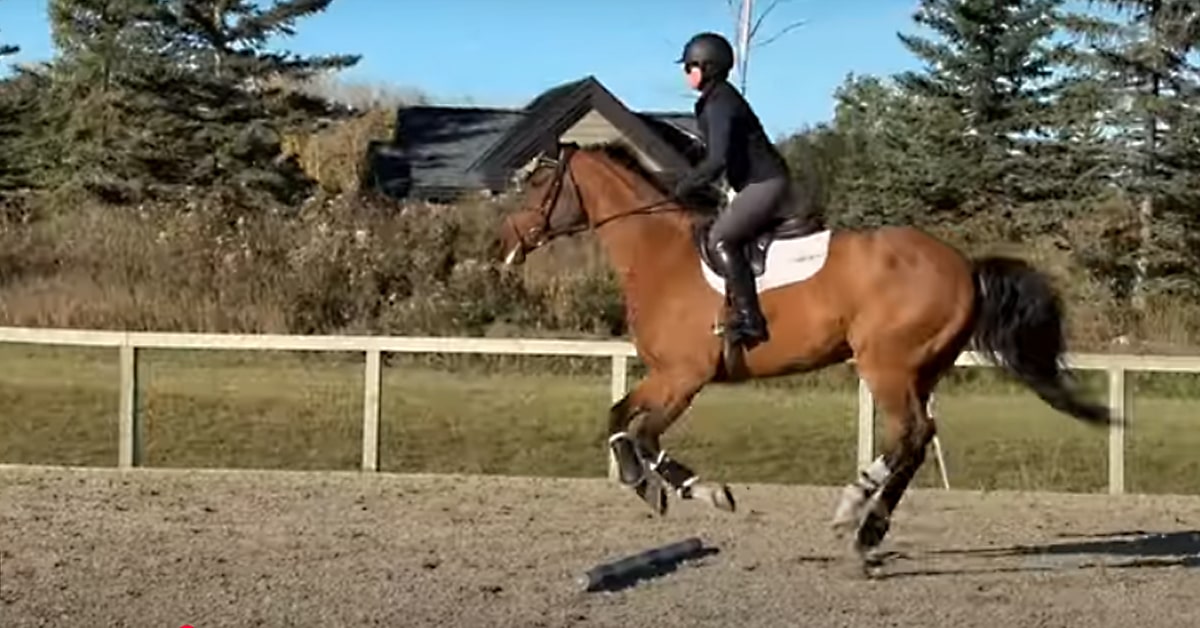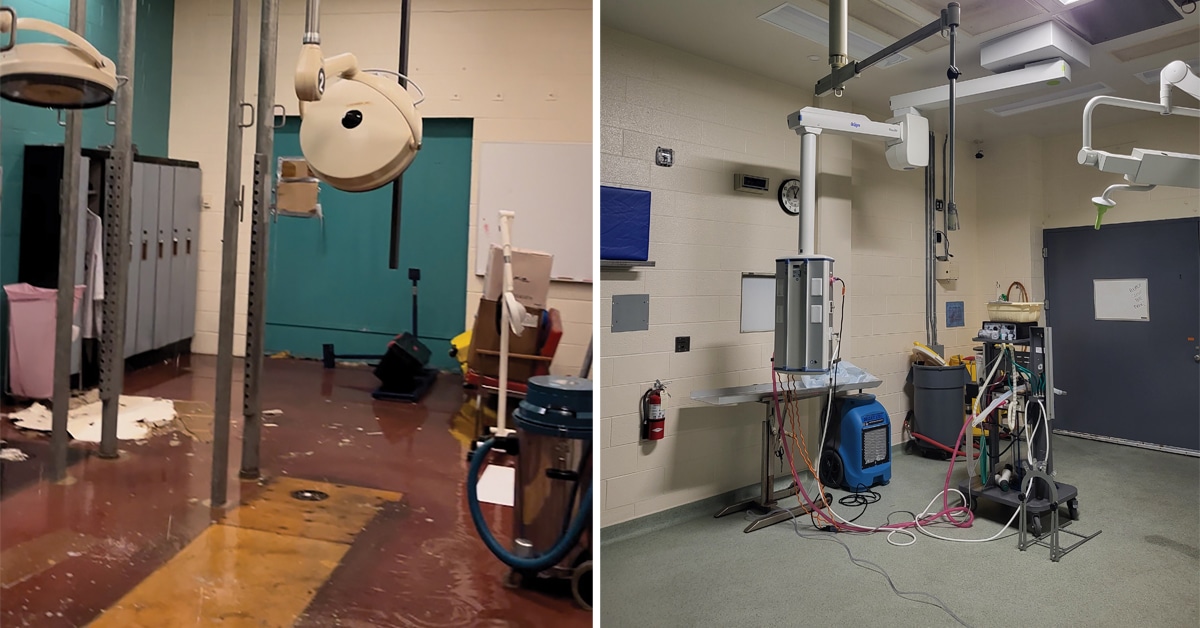A team of equine veterinarians and researchers from the Ontario Veterinary College will soon conduct clinical trials using allogeneic umbilical cord blood stem cells in the treatment of superficial digital flexor tendonitis or “bowed tendons” in horses. The goal is to develop a readily available treatment to prevent the formation of scar tissue and create good quality tendon tissue to replace the damaged tissues, which are less prone to re-injury.
There is a great demand in the industry for more efficient treatment options for superficial digital tendonitis, improved recovery and prevention of re-injury. “Currently, the re-injury rates reported are between 56% to 75% for superficial digital flexor tendon injuries once the horses return to competition,” said primary investigator Dr. Judith Koenig.
Cultured bone marrow-derived stem cell treatments have been found to be effective and also boast a low re-injury rate, but there is a short timeframe for this treatment to be effective. A study out of England found that the tendon needs to be injected within six weeks of an injury in order to be beneficial; however, this can be hard to accomplish depending on the expansion time needed to harvest the bone marrow.
In a pilot study conducted by Dr. Koenig with three horses, it was found that repeated injections of the allogeneic stem cells were very effective, and that two of the horses were able to successfully return to racing and the third was able to start a career as a competitive sport horse.
“My hope is that we can develop a treatment that can be available within an hour of taking [the stem cells] out of the freezer,” said Dr. Koenig. This treatment uses allogeneic stem cells, which means the stem cells do not need to be from the recipient. These stem cells are collected non-invasively from the umbilical cords of newborn foals and then stored for later use.
The Latest









